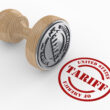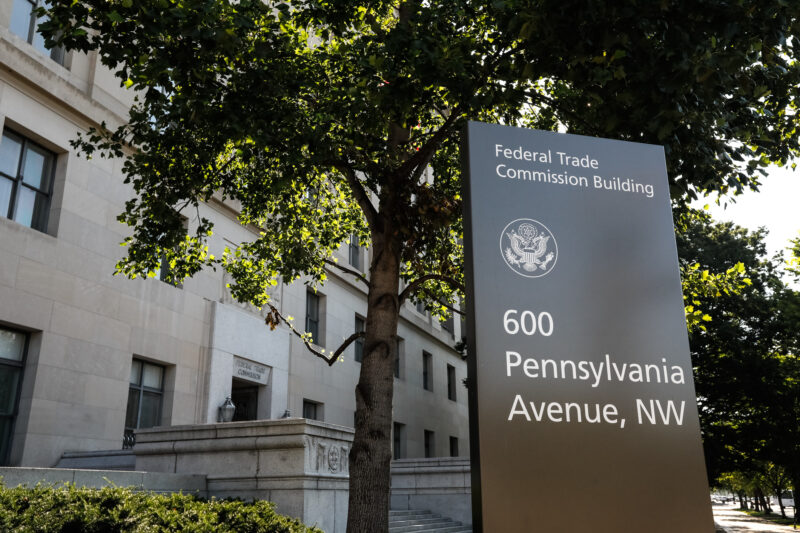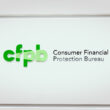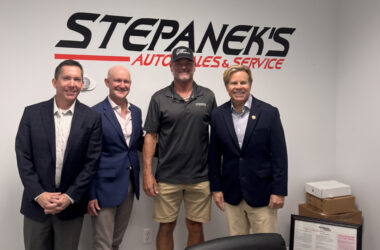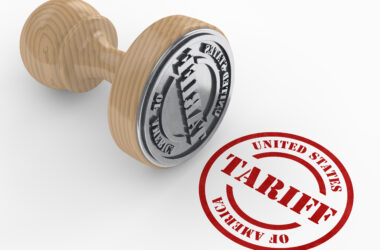The Combatting Auto Retail Scams (CARS) rule and litigation against auto dealer marketing firm Traffic Jam Events highlighted the Federal Trade Commission’s annual enforcement activities report presented to the Consumer Financial Protection Bureau this week.
The CARS rule finalized by the FTC in 2023 will require automobile dealers to provide consumers with an offering price, disclose all optional add-ons, and give information about total payment when discussing the monthly payment. Dealers must also get consumers’ “expressed, informed” consent for any charges as part of the vehicle purchase. The FTC rule scrutinizes add-ons, which are part of the vehicle purchase.
The rule was to go into effect July 30, but after NADA and TADA filed a lawsuit against FTC, a stay was put in place. NIADA and the Texas IADA filed an amicus brief to the suit, pointing out the harmful impacts on dealerships and consumers if the rule is put in place.
Consumers will see vehicle price increases due to the increased dealer requirements for disclosures and recordkeeping. They will also be faced with a more time-consuming and confusing sales experience, as dealers maneuver the disclosures, including providing an offering price and monthly payments in any discussion of a vehicle.
Consumers, who already have limited options, may find it impossible to secure financing as banks and third-party creditors reduce the funding to dealers lacking the resources to meet the requirements of the rule.
NIADA dealer members, more than 80 percent who employ less than 10 employees, will be faced with considerable costs from the rule, including professional fees from attorneys and IT personnel and record-keeping storage. Dealers may also see a decline in sales due to the extended sales process with the added disclosures and the repeating of the underwriting procedure for every vehicle inquiry.
The FTC in its report to the CFPB highlighted the continued litigation against Traffic Jam Events, LLC. The FTC alleges Traffic Jam, “sent deceptive mailers to consumers to entice them to auto sale sites by falsely suggesting the company was affiliated with a government COVID-19 stimulus program; sent direct mail advertisements deceptively indicating consumers had won specific valuable prizes (such as $2,500 or $5,000 cash) that consumers learned they had not won when they attempted to claim the prizes; and sent mailers quoting monthly payments to purchase vehicles on credit that did not provide, or hid in small print, key financing terms required by law that consumers need to determine the true costs of the advertised financing.”
The report also points out the FTC’s work on junk fees and other lending practices.




